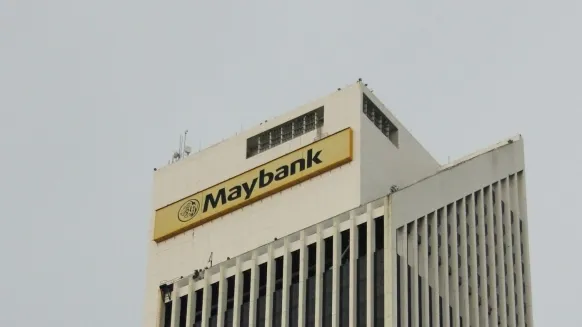
Islamic banking gains global appeal
State support, population trends, and ethical investing are spurring the demand.
Non-Muslim markets that seek transparency and want to avoid harmful or unethical industries are turning to Islamic finance, whose assets are expected to grow 36% to $7.5t by 2028, according to Standard Chartered Plc.
The growing number of young and Muslim people in countries like Indonesia, Pakistan, Egypt, and across Sub-Saharan Africa, apart from a state push for Islamic banking, is also fuelling the growth, the British bank said in a May report.
“Islamic neobanks, crowdfunding, and blockchain platforms are enabling ease of accessibility and convenience amongst youth and the unbanked populations,” Khurram Hilal, CEO of Standard Chartered Saadiq, told Asian Banking & Finance.
Established leaders like Malaysia and emerging markets like Brunei, Indonesia, Singapore, and Hong Kong are also driving innovation in Islamic financial products in Asia, he said in an emailed reply to questions.
In 2024, the global Islamic finance industry’s assets rose 12% to $5t from a year earlier, the British lender said, citing the London Stock Exchange Group.
Islamic banking is far more limiting than ESG (environmental, social, and governance) finance, according to a report by PricewaterHouseCoopers.
For example, Islamic finance has a strictly defined industry and prohibits interest and certain products such as alcohol, whilst transactions must be backed by tangible assets. Both promote environmental protection, equality, social justice, and economic prosperity.
Many countries have integrated Islamic finance into their national financial strategies in the past four years, including those that are not members of the Organisation of Islamic Cooperation, Hilal said.
“Central banks in countries like the United Arab Emirates, Bahrain, Pakistan, and Malaysia have established dedicated Islamic finance frameworks and governance regulations,” he pointed out.
But there are also challenges, including complex and conflicting regulations across territories, he said. “Tariffs and trade disputes can lead to market volatility, affecting the performance and attractiveness of Islamic finance products,” he added.
Hilal cited the need for more shariah-compliant capital markets to boost Islamic banking’s appeal, aside from giving incentives to companies that issue sukuk or Islamic bonds.
He said enforcing regulations for Islamic finance could be disruptive due to the “intricate interplay between religious principles, legal systems and market practice.”
The proposed shift from asset-based to asset-backed transactions could lead to inconsistent implementation across jurisdictions, he added.
An asset-based bond is owned by the investor though control is with the issuer. On the other hand, under an asset-backed Islamic bond, investors truly own the underlying asset, which is legally transferred to a special purpose vehicle.
“Besides regulatory complexities, Islamic finance faces few other challenges, including the lack of a unified global standard and varying interpretations of shariah principles across countries, leading to inconsistent offerings,” Hilal said.
He cited the need for more tech-based infrastructure and funding for Islamic fintech innovation.
He noted that despite growing interest in Islamic banking, awareness remains low, along with misconceptions that it is exclusive to Muslims.
“The industry needs more support in embedding Islamic banking education into mainstream agendas and professional certifications such as CFA (chartered financial analyst), CPA (certified public accountant), and others,” he added.



















 Advertise
Advertise














